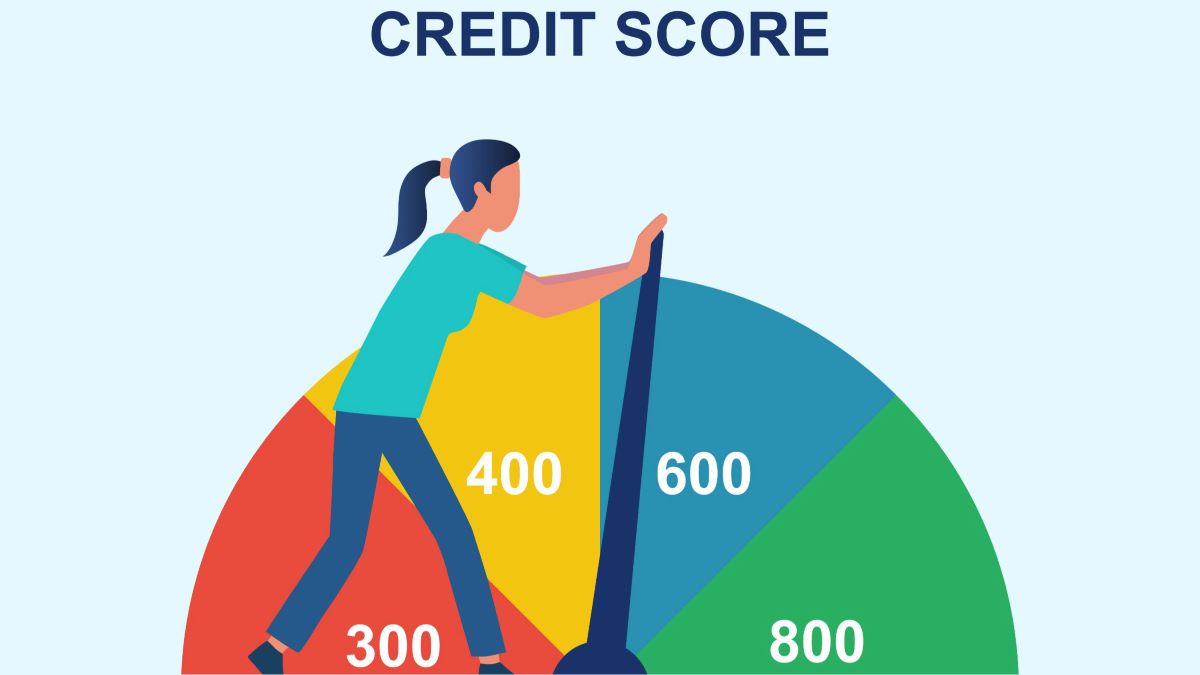

Finance
Credit Fraud Alert Definition
Published: November 5, 2023
Learn the meaning of credit fraud alert, a crucial finance term to protect yourself from financial scams and unauthorized transactions.
(Many of the links in this article redirect to a specific reviewed product. Your purchase of these products through affiliate links helps to generate commission for LiveWell, at no extra cost. Learn more)
Protect Your Credit: Understanding Fraud Alerts
When it comes to your finances, nothing is more important than protecting your credit. With the rise of digital transactions and online services, credit fraud has become an increasingly common problem. One effective tool in safeguarding your credit is a fraud alert. In this blog post, we will dive into the definition of a credit fraud alert, how it works, and why it’s crucial for your financial security.
Key Takeaways:
- A credit fraud alert is a protective measure that notifies lenders and creditors about potential fraud on your credit report.
- By placing a fraud alert on your credit report, you are adding an extra layer of security to prevent unauthorized access to your personal information.
What is a Credit Fraud Alert?
Simply put, a credit fraud alert is a notice added to your credit report that alerts lenders and creditors to take extra precautions when approving credit applications in your name. It serves as a red flag to potential creditors, indicating that they should verify your identity before granting credit. This can help detect and prevent unauthorized individuals from exploiting your personal information to open new accounts or commit fraud.
There are three types of credit fraud alerts:
- Initial Fraud Alert: This type of alert lasts for 90 days and is activated when you suspect you have been or may become a victim of identity theft.
- Extended Fraud Alert: An extended fraud alert lasts for seven years and is recommended for individuals who have actually fallen victim to identity theft.
- Active Duty Military Alert: Active duty service members can place this alert on their credit report while deployed. It lasts for one year and helps protect against identity theft during deployment.
How Do Fraud Alerts Work?
When a lender or creditor receives a credit application with a fraud alert on the applicant’s credit report, they are required by law to take steps to verify the individual’s identity. This usually involves contacting you directly via phone or other means to confirm that the application was indeed made by you. This extra layer of verification helps prevent fraudsters from opening accounts in your name without your knowledge or consent.
It’s important to note that while placing a fraud alert on your credit report can deter identity thieves, it does not guarantee 100% protection against all types of fraud. Therefore, it’s essential to regularly monitor your credit reports and bank statements for any suspicious activity.
Why Should You Use a Fraud Alert?
Putting a credit fraud alert in place is a proactive step you can take to protect your financial well-being. Here are a few reasons why you should consider using a fraud alert:
- Early Detection: Fraud alerts help catch potential fraudulent activity early, allowing you to take immediate action and mitigate the damage.
- Added Security: By adding an extra layer of protection to your credit, you reduce the risk of unauthorized individuals accessing and misusing your personal information.
- Peace of Mind: Knowing that you have a fraud alert in place can provide peace of mind, allowing you to focus on your financial goals without worrying as much about identity theft.
In conclusion, credit fraud alerts are an essential tool in protecting your credit and personal financial information. By placing a fraud alert on your credit report, you can deter potential fraudsters and minimize the risk of becoming a victim of identity theft. Remember to regularly monitor your credit reports and bank statements for any signs of suspicious activity. Be proactive, stay vigilant, and safeguard your financial future!














